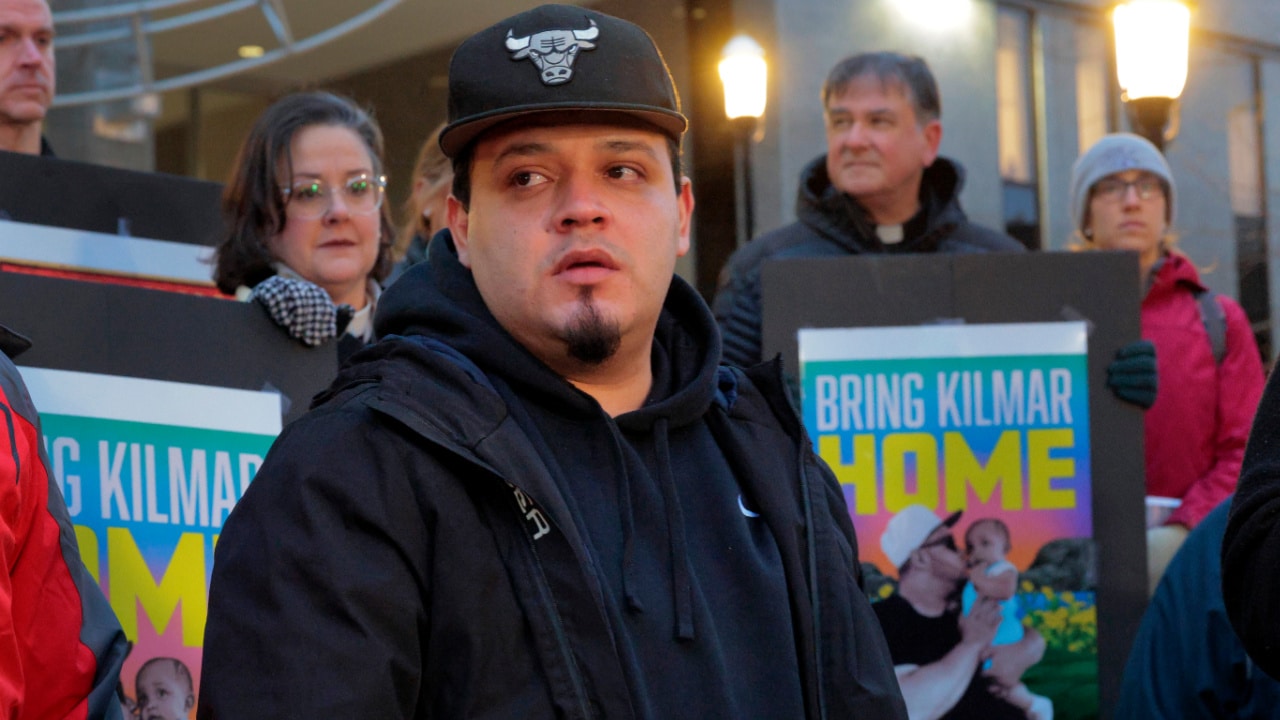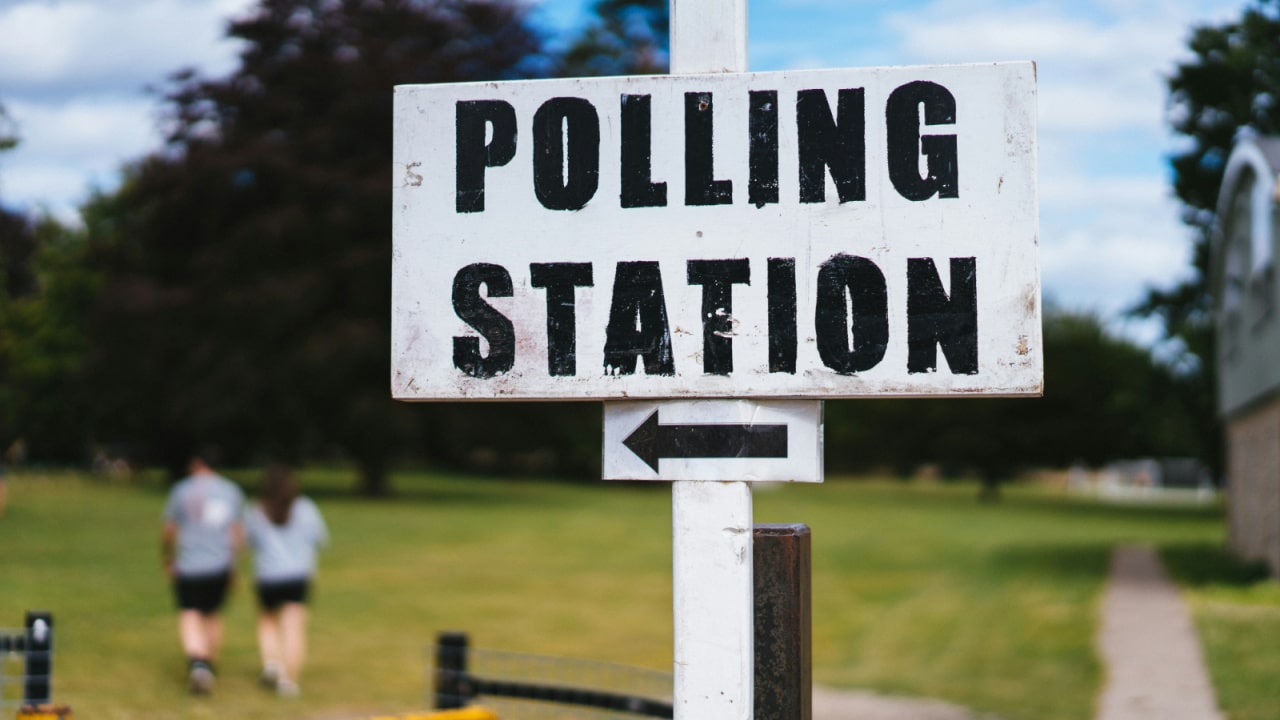Opinion: Egbert v. Boule Ruling Suggests the Powers That Be Are Choosing Which Amendments To Uphold
Time and again the justice system fails its most vulnerable, while reminding us that nowhere is safe.
The Wednesday ruling by the Supreme Court in favor of a U.S. Customs and Border Protections agent has essentially set the precedent for federal entities to have the power to unconstitutionally enter anyone’s home without a warrant.
A once significant amendment that set the standard for holding authorities liable for criminal acts against citizens is now being slashed to cater to law enforcement.
Once again, our civil rights are being taken right from under us, shutting down any form of recourse before we even try it. The Supreme Court continues to play a hand in the destruction of minorities, only weeks after a draft leak that signaled the overturn of Roe v. Wade.
And when protesters felt like they physically needed to show up at a justice’s home in protest of their absurd regulations, it is then that Republicans scrambled to claim a 1950 law that makes peaceful assembly at justices’ homes illegal.
Not a second is wasted to use their power when it comes to protecting themselves.
The 6-3 decision, authored by Justice Clarence Thomas, grants immunity to border patrol agents who assault civilians and serve warrantless arrests in residences 100 miles from the border. The 100-mile radius will not only extend around the Mexico and Canada borders, but the coastal borders as well. Per the ACLU, this area is where nearly 200 million people reside — about two-thirds of the U.S. population.
In this case, the majority-conservative justices refused to extend a 1971 ruling, Bivens v. Six Unknown Fed. Narcotics Agents, which allowed for federal officials to be sued by civilians for violating their constitutional rights. Instead, the high court expanded protections to authorities, limits what constitutes a lawsuit against officials and ultimately absolves them from accountability.
Not only that, but federal courts have no say in any cases brought forth following the June 8 ruling, due to Thomas’ notion that “prescribing a cause of action is a job for Congress, not the courts,” read the decision.
The court case in question, Egbert v. Boule, alleged a Border Patrol agent violated a bed-and-breakfast owner’s Fourth Amendment rights of unreasonable search and seizure when searching for illegal immigrants at his property close to the U.S.-Canadian border in 2014.
According to the owner, Robert Boule, a report was filed with customs agent Erik Egbert’s superiors, which prompted Egbert to take revenge and ask his IRS connections to investigate Boule. The suit against Egbert alleged excessive force and illegal retaliation, which SCOTUS backed instead of prosecuted.
Is it really a surprise that an authoritative body pulled some strings to silence a pesty constituent when they were shamelessly wrong and in the same breath give themselves more power?
This is the same court that confirmed Justice Brett M. Kavanaugh to the seat despite standing accused of sexual assault by over three women, which the FBI failed to investigate. The same court that allowed Justice Amy Coney Barrett to serve the lifelong position even though she was the least experienced nominee in 30 years and seemingly had a tenuous grasp of the law when questioned during her court confirmation hearings.
The ruling reinforces just how blatant the powers that be serve their own interests while fortifying the hypocrisy of picking and choosing which amendments to uphold.

Courtesy of Getty Images
The government has done nothing to quell gun violence after the Uvalde school massacre and at least 246 other mass shootings this year alone.
NRA-funded Republicans love to preach it is their Second Amendment right, but when a federal body illegally penetrates a private residence, violating the Fourth Amendment in all sense of the word — the Constitution is instead regarded as a dead document.
There is no telling how much more aggressive the extent that Border Patrol and Immigration and Customs Enforcement will proceed with their deportation tactics with this unlimited power, making it more dangerous than ever again to be an immigrant and by extension, a person of color.
The conservative justice who penned the ruling took a page from every former president’s book and pointed to the age-old scapegoat of national security being at stake.
“Because matters intimately related to foreign policy and national security are rarely proper subjects for judicial intervention,” Thomas wrote, “we reaffirm that a Bivens cause of action may not lie where, as here, national security is at issue.”
Thomas was joined by Chief Justice John G. Roberts Jr. and Justices Samuel A. Alito Jr., Kavanaugh and Barrett.
In a world that stops at nothing to disparage Black and Brown folks, it is important to know your rights if ever encountering Border Patrol or ICE.
According to the law, an immigration officer should not be able to detain you without “reasonable suspicion,” but in the more than likely chance you are questioned, you have the right to remain silent. If they ask to go through your belongings, you have the right to say no. If they ask to present documents to prove your status, you have the right to refuse. If you are questioned about anything else, you have the right to say you will only speak with an attorney present.
More often than not, a CBP agent will lie about their scope of power to get you to speak, which is when most constitutional rights violations occur.




